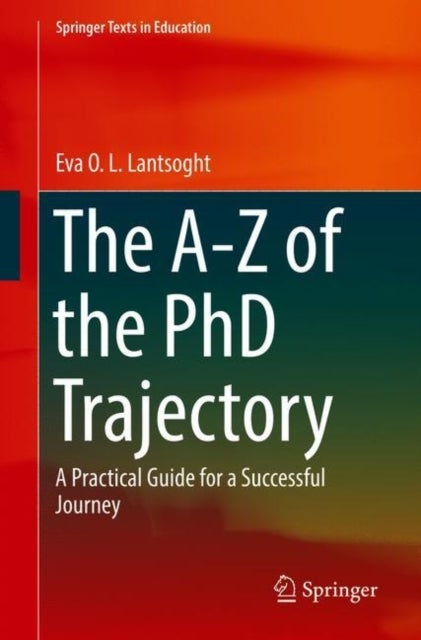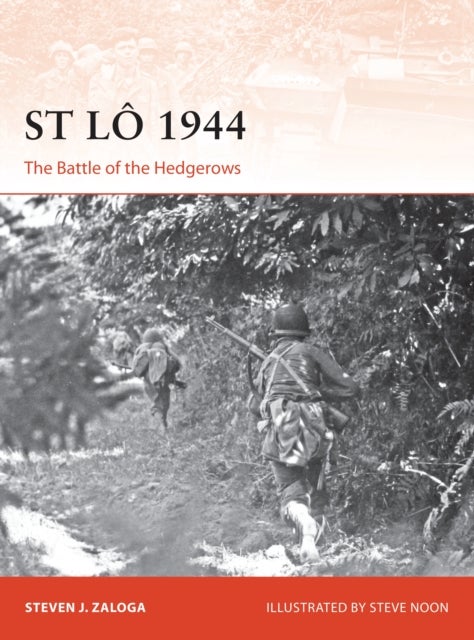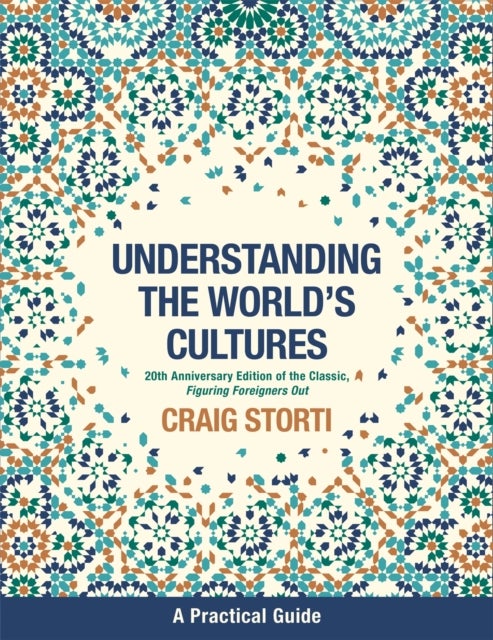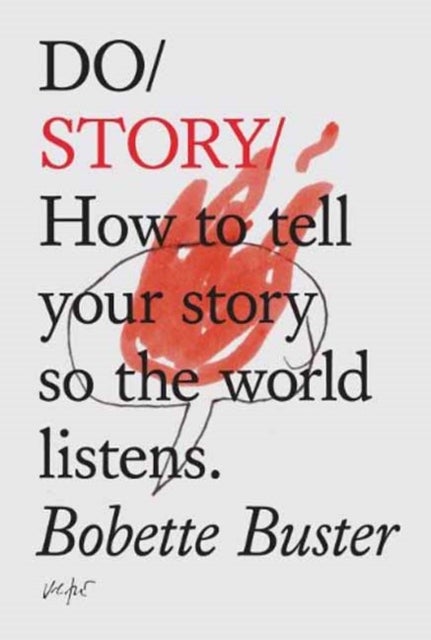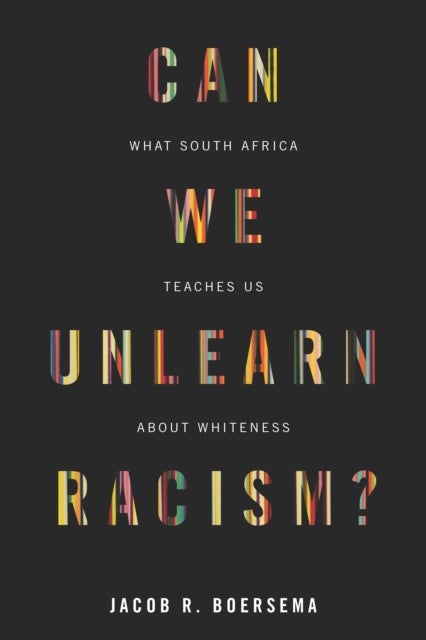
Can We Unlearn Racism? av Jacob R. Boersema
279,-
<p>In contemporary South Africa, power no longer maps neatly onto race. While white South Africans continue to enjoy considerable power at the top levels of industry, they have become a demographic minority, politically subordinate to the black South African population. To be white today means having to adjust to a new racial paradigm. In this book, Jacob Boersema argues that this adaptation requires nothing less than unlearning racism: confronting the shame of a racist past, acknowledging privilege, and, to varying degrees, rethinking notions of nationalism. Drawing on more than 150 interviews with a cross-section of white South Africans¿representationally diverse in age, class, and gender¿Boersema details how they understand their whiteness and depicts the limits and possibilities of individual, and collective, transformation. He reveals that the process of unlearning racism entails dismantling psychological and institutional structures alike, all of which are inflected by emotion an





